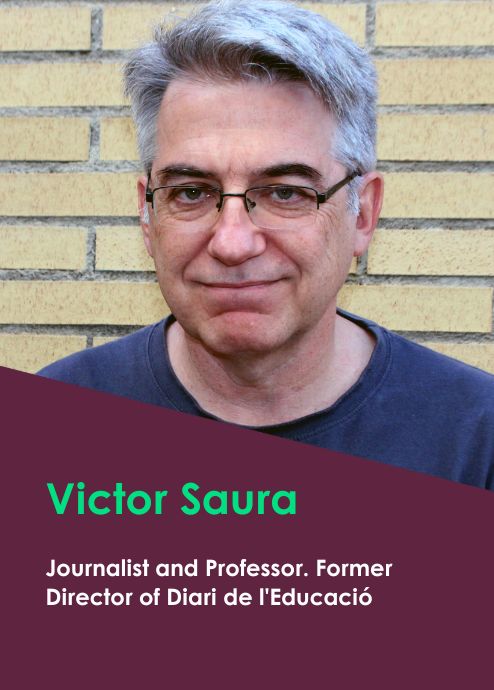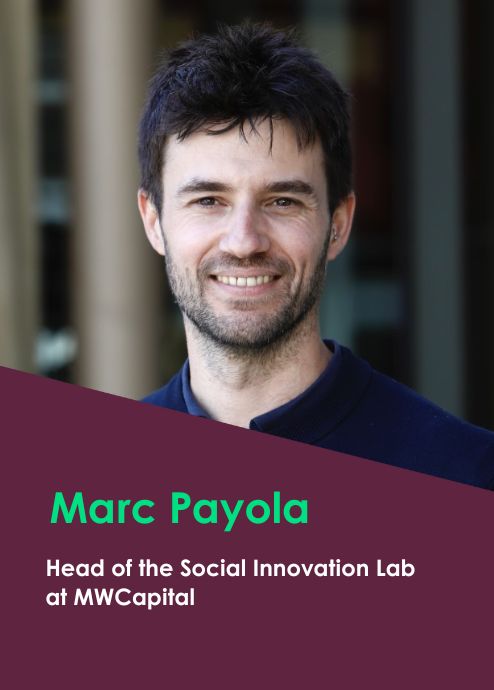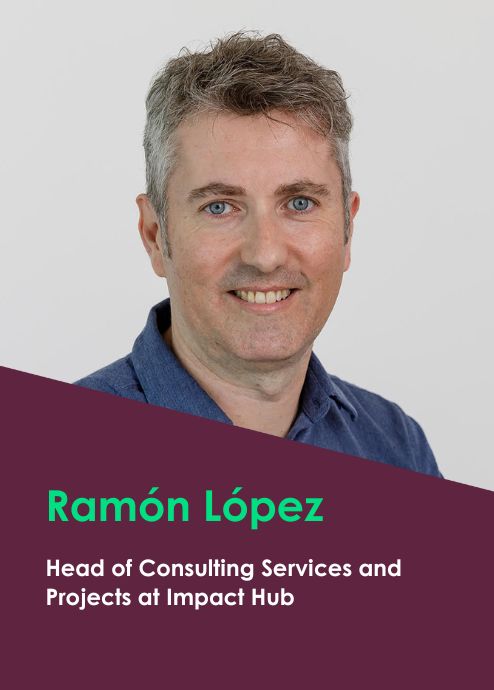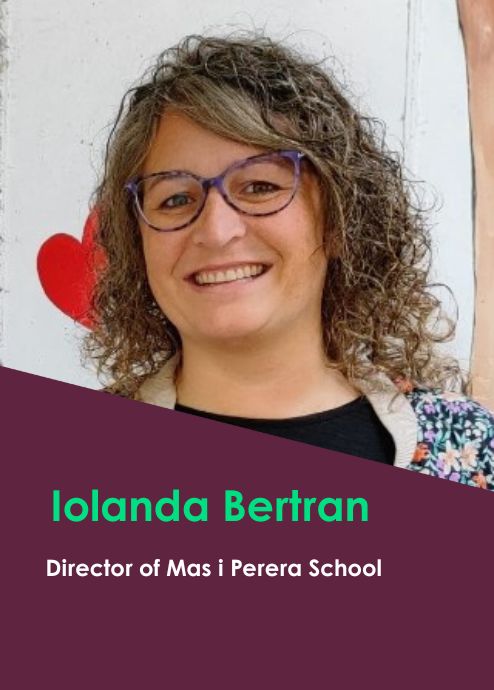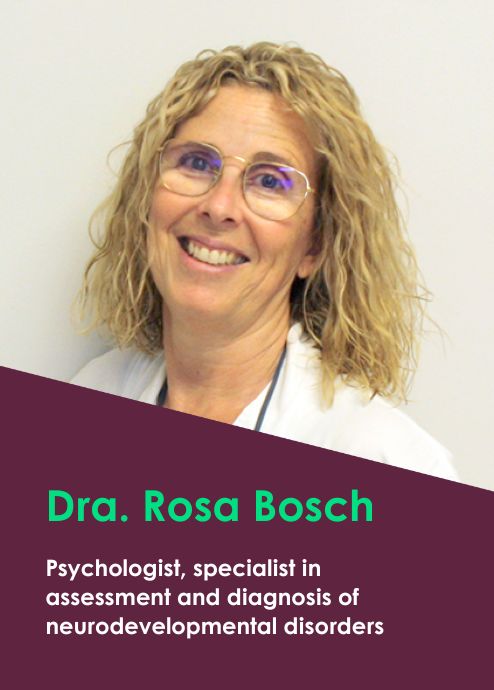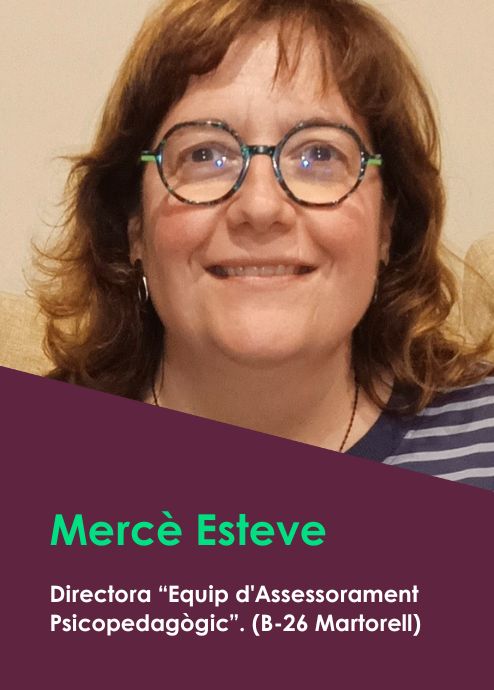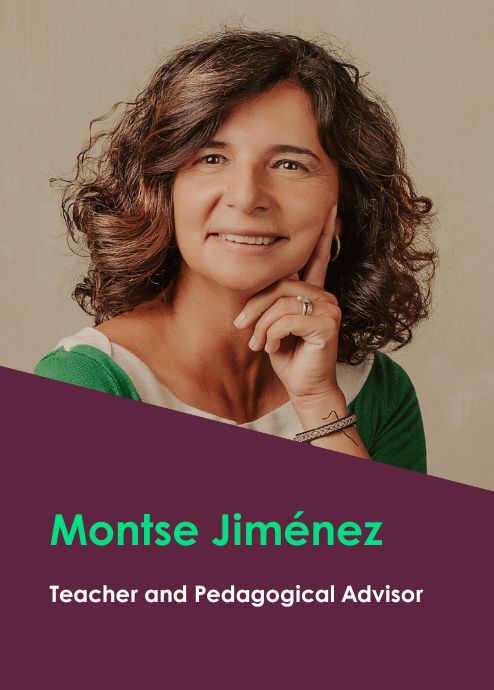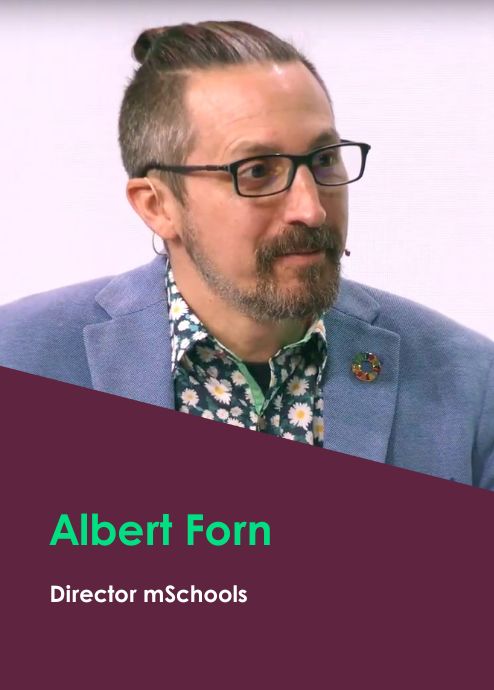mSchools Lab: Identification, piloting and impact assessment of digital solutions with the potential to improve and digitally transform education.
- 1. The Challenge
- 2. EdTech Solutions Call
- 3. Finalists and Winners
- 4. Call for Schools
- 5. Piloting
In November 2024, we are launching the second call of the mSchools Lab to identify innovative digital solutions at national and international level to answer the challenge:
How can technology enhance inclusive learning from the initial school stages?
Technological innovation to enable early detection, timely intervention, and socio-emotional support to foster students’ personal and academic growth.
The need to refocus and expand the education system’s efforts to improve students’ academic performance has become evident in recent years. This requires personalized strategies to address specific learning difficulties at their root. Biological and psychoeducational conditions often lead to neurodevelopmental challenges affecting areas such as attention, concentration, behavior, reading, writing, and math. These difficulties significantly impact academic success, social integration, and emotional well-being.
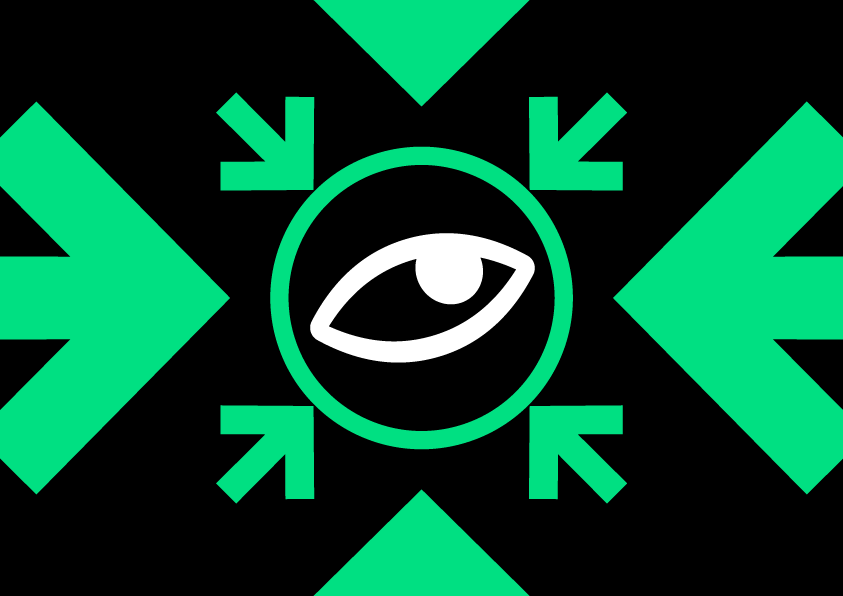
Context
Nowadays, it is estimated that 18.3% of children in Catalonia exhibit significant learning challenges related to at least one neurodevelopmental disorder. However, in Spain, only one in five children with learning difficulties receive adequate early diagnosis and timely intervention alongside the necessary support. These unmet needs can hinder academic and personal development, becoming major factors in school failure and dropout rates.
Scientific evidence demonstrates that timely and appropriate interventions can mitigate poor outcomes and even reverse the effects of these dysfunctions, enabling students to lead healthy, productive, and autonomous lives.
Considering this context, this call seeks to identify and pilot innovative digital solutions— nationally and internationally—that enable early detection, timely intervention and socio-emotional support to create an educational and social environment that allows students to overcome barriers and thrive academically and personally.

The Lab Process
EdTech Solutions Call
Selection of Finalists and Winners
Call for Schools
Implementation of pilots
Evaluation and Dissemination
Collaboration
mSchools Lab is an open innovation program driven by Mobile World Capital Barcelona and mSchools.
Through public-private collaboration and in partnership with educational centers and the EdTech industry, we promote the identification, piloting, and evaluation of the impact of digital solutions with the potential to address real needs of the educational community and contribute to the improvement and digital transformation of education.
We want to catalyze the participation of various stakeholders with the potential to make a positive impact in promoting equitable and inclusive learning through the transformative, safe, and healthy use of technology.
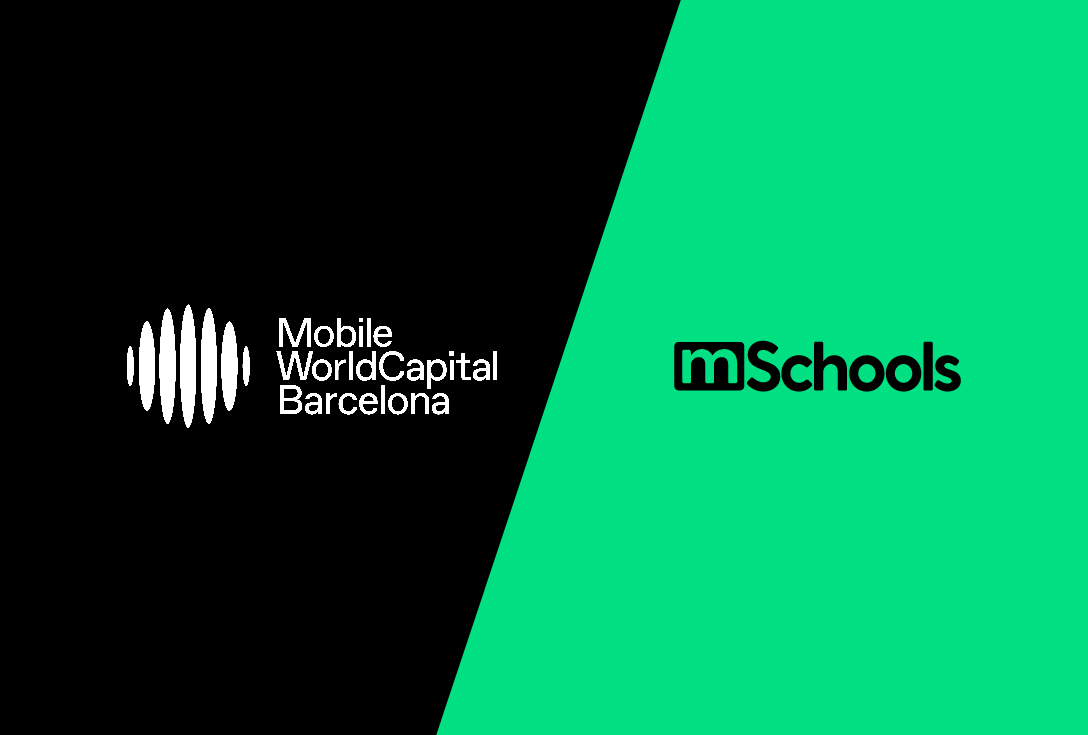
How can technology enhance inclusive learning from the initial school stages?
Technological innovation to enable early detection, timely intervention, and socio-emotional support to foster students’ personal and academic growth.
Focus of solutions
1. Early Detection
2. Timely Intervention
3. Socioemotional Support Linked to Neurodevelopmental Conditions
What do we offer?
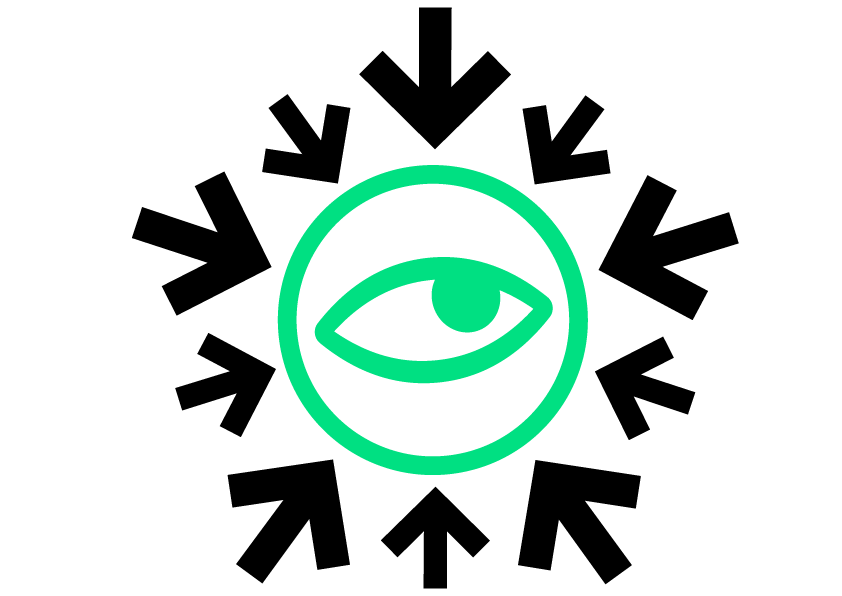
How to participate?
Proposals will be accepted from November 26, 2024, to February 4, 2025, at 12:00h (CET).
Winning Solutions
Key2Enable
United Arab Emirates
Key2Enable.org
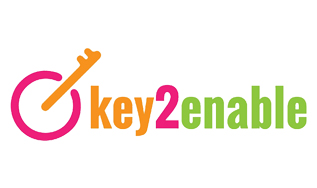
Neureka Lab
Spain
NeurekaLab.es
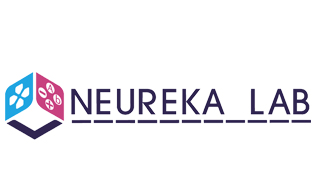
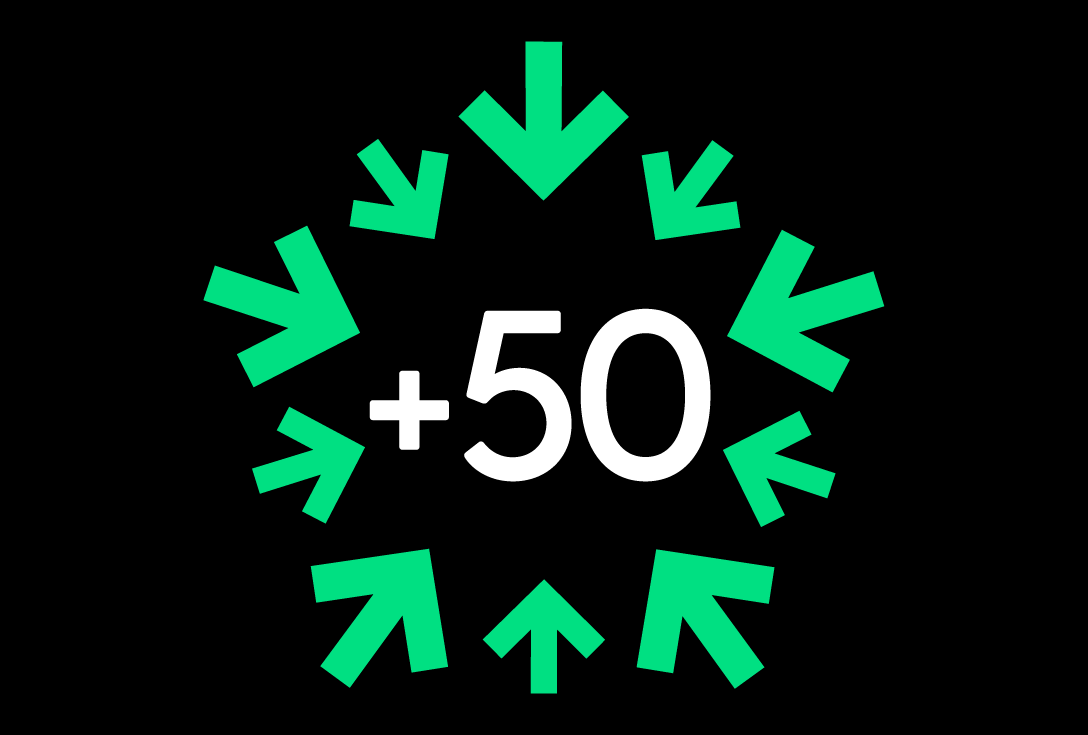
Call closed successfully
Finalists
Atenxia
Spain
Atenxia.com
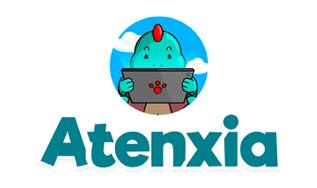
Cogniphant
Estonia
Cogniphant.org
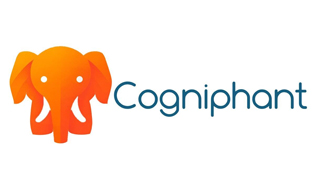
Dide
Spain
Dide.org
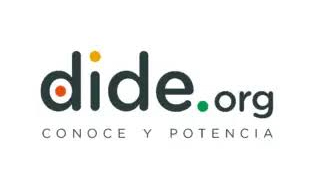
Sincrolab
Spain
Sincrolab.es
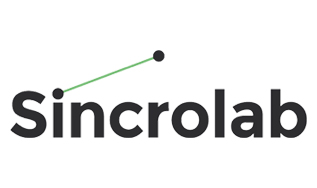
Evaluation Process
The first round of selection will conclude on February 4th with a maximum of 16 semifinalists.
The semifinalists will have until March 7th to complete a second form with additional information about the proposed implementation. Based on these responses, the 6 finalists will be selected to present their initiative during the Pitch Day in the first week of April.
An external jury, composed of representatives from the academic sector, Public Administration, the EdTech industry, and educational institutions will select this edition's two winning proposals.. These will be adapted and piloted during the 2025/2026 school year in public and charter schools in Catalonia.
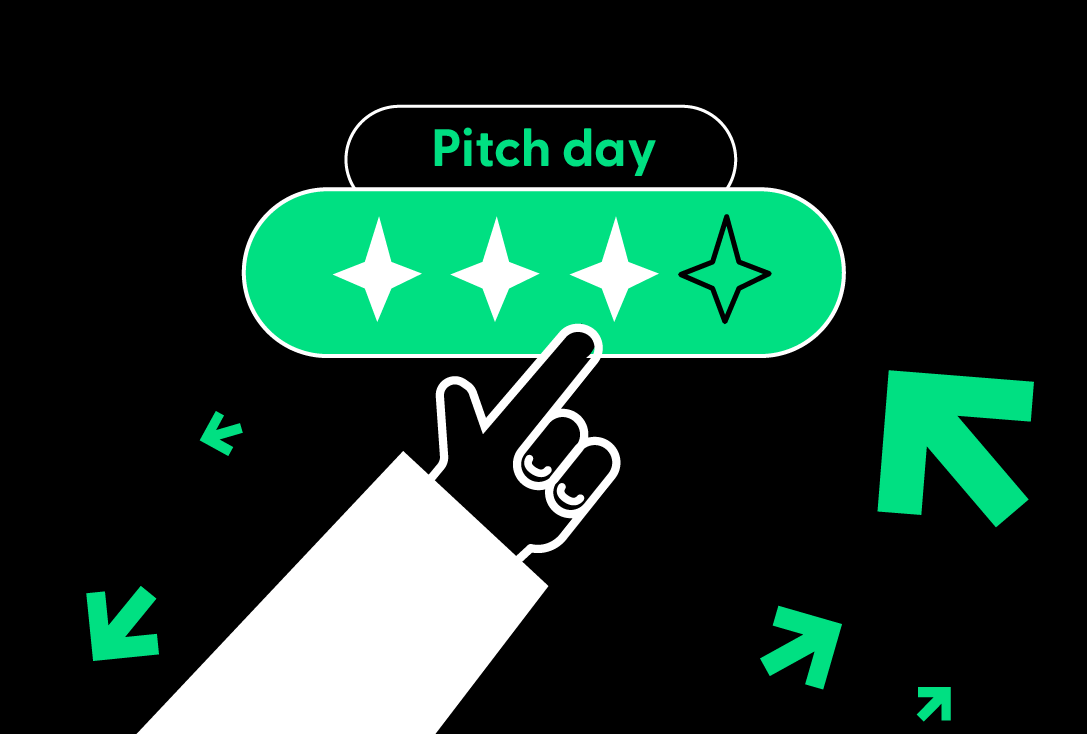
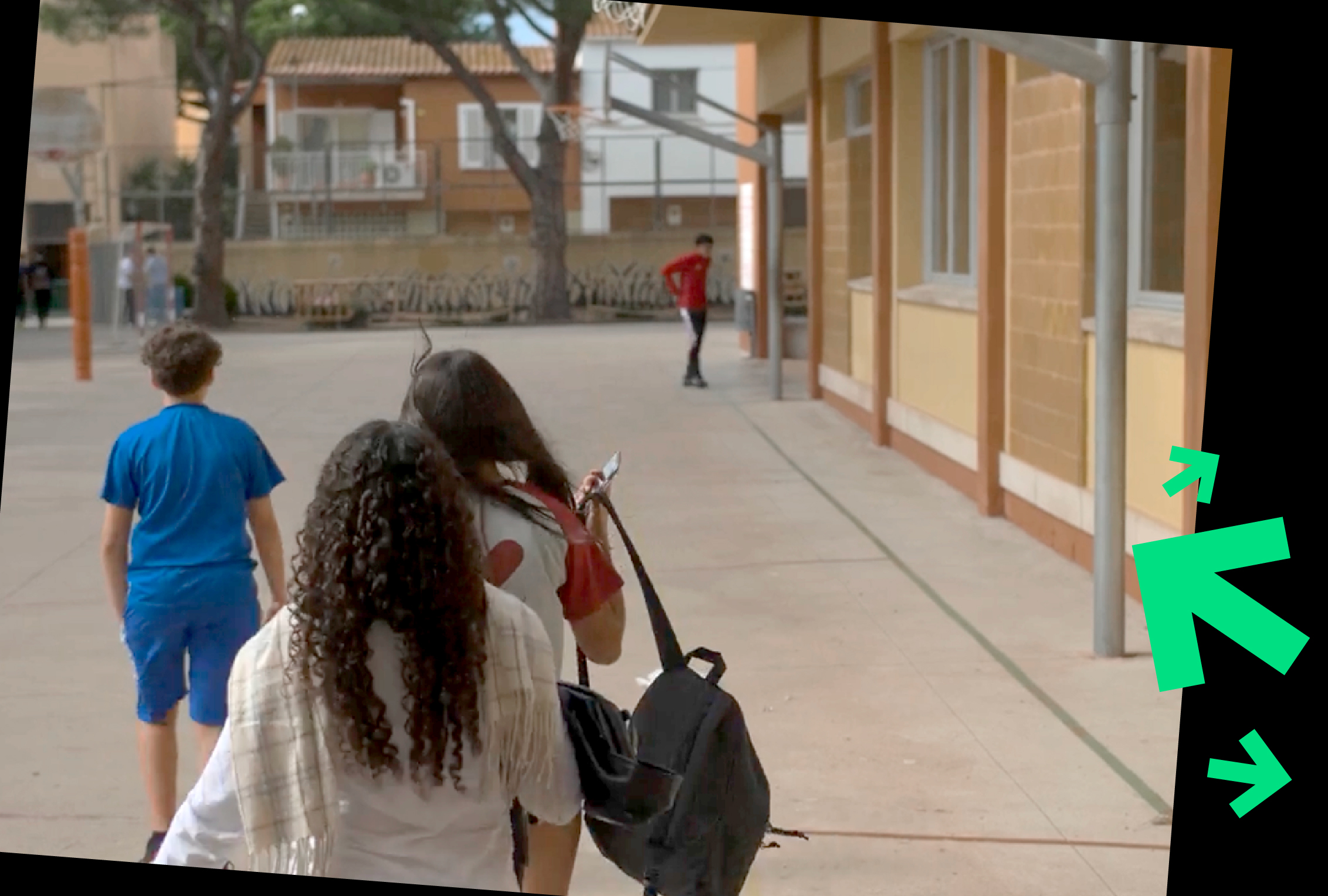
Call for Educational Centers
The two winning solutions will be implemented in pilot format in a real-world context, in several educational centers in Catalonia. An external evaluation will also be provided to coordinate the measurement of results, ensuring that the technology meets the needs of the students and the established pedagogical objectives.
If you are part of a public or charter school in Catalonia and are interested in participating in the pilot of one of the two solutions during the 2025-2026 school year, please fill out the following form.
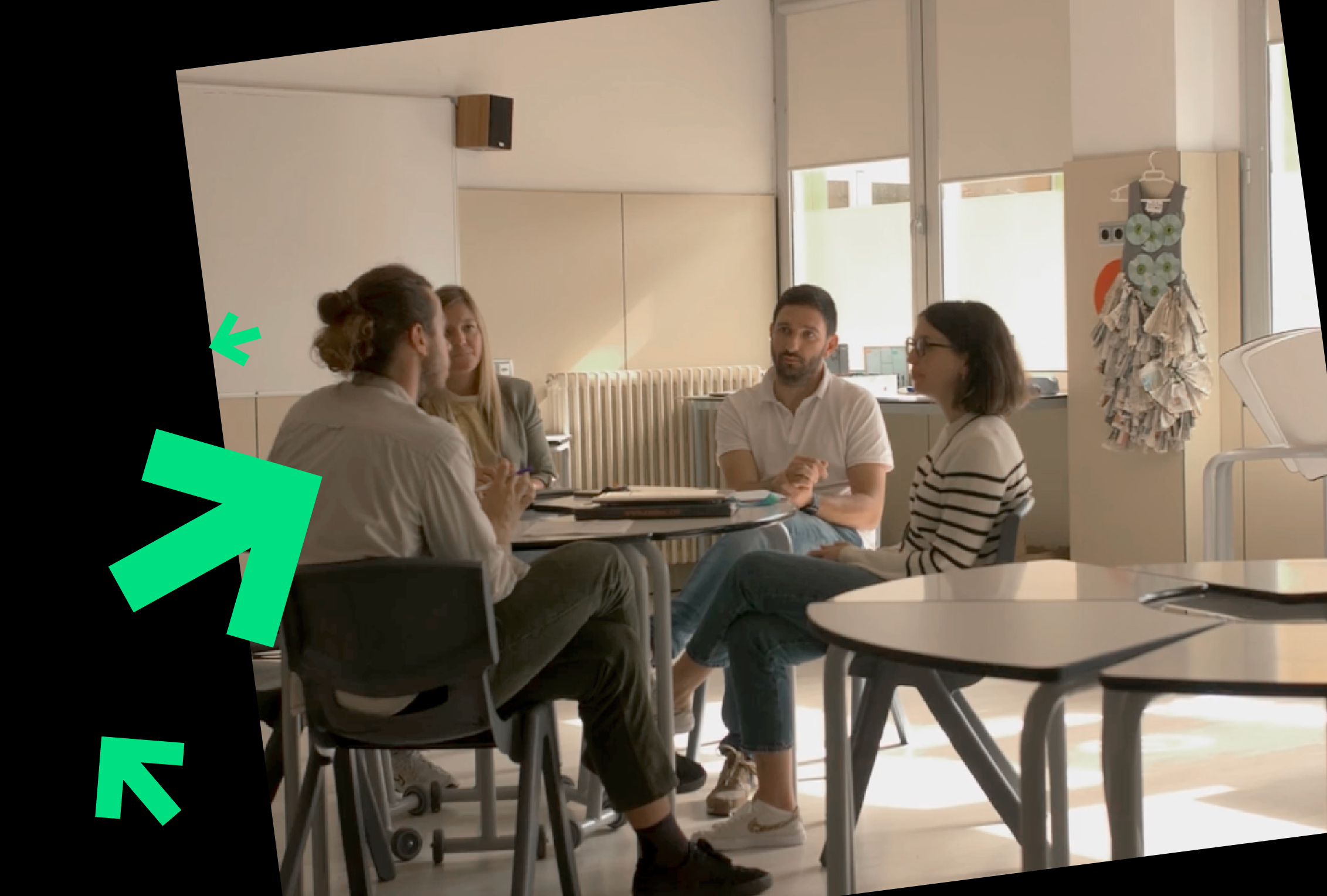
Implementation of pilots
The pilots will be carried out during the 2025-2026 school year.
More information is coming soon.


